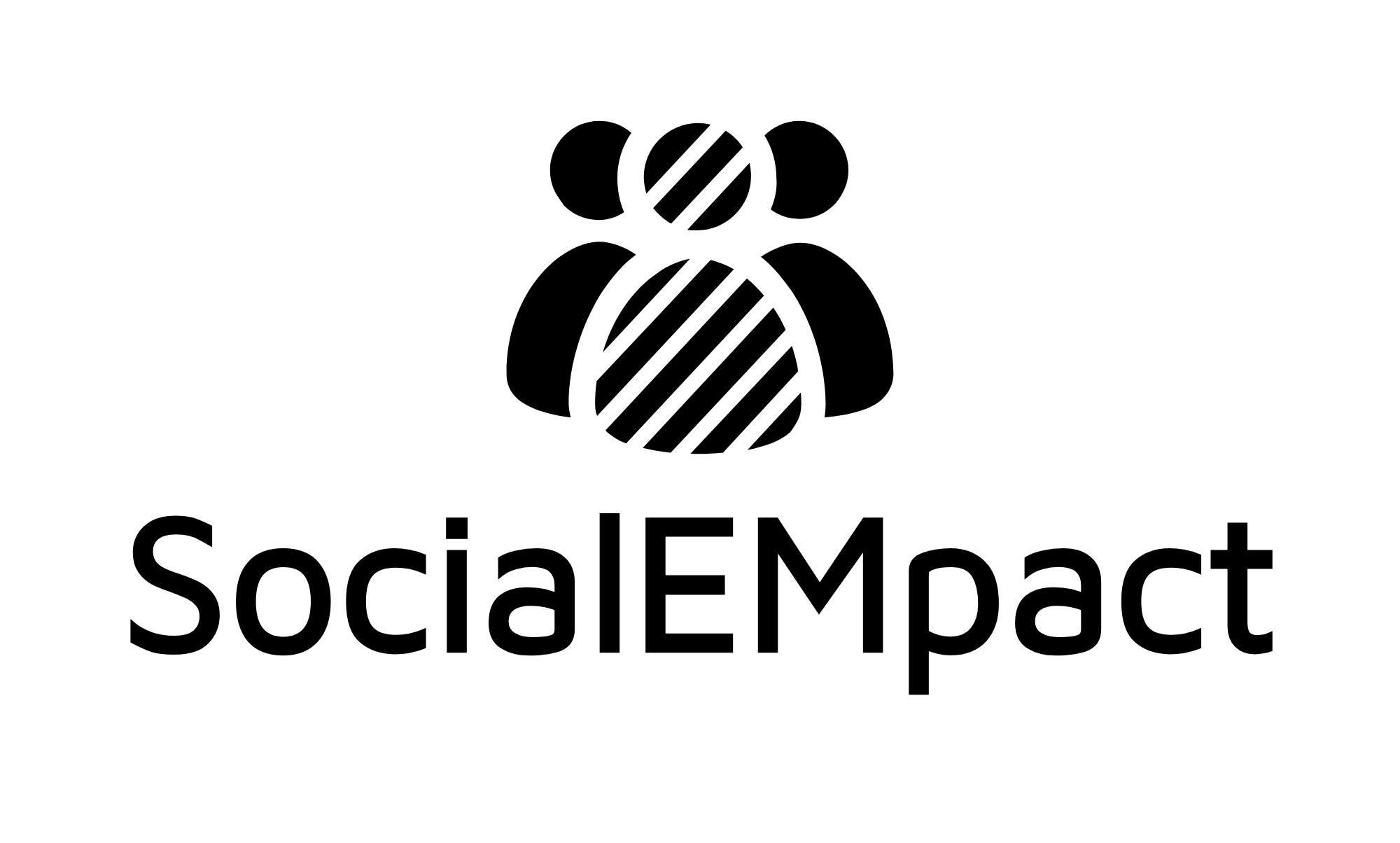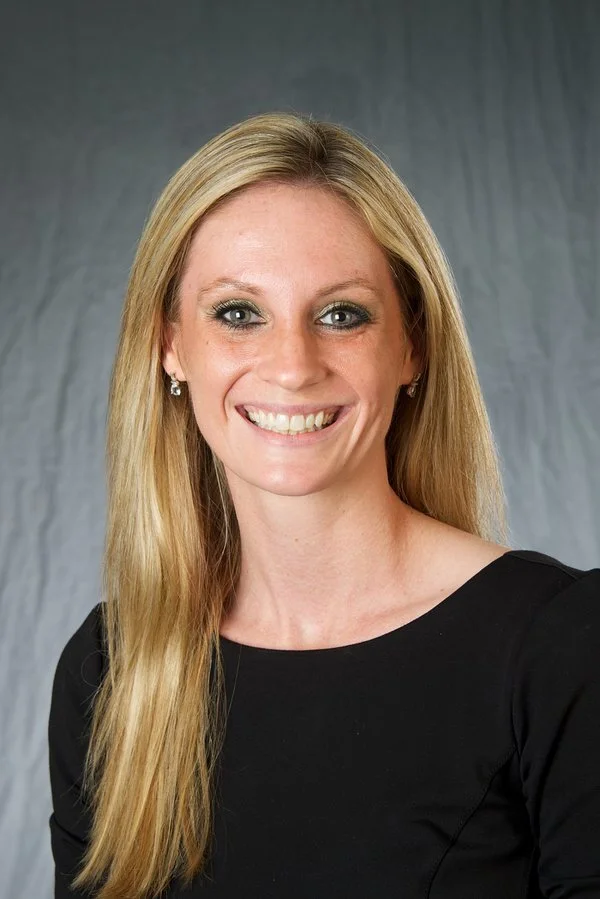University of Iowa Social Medicine Fellowship
Dr. Shannon Findlay is the director of the University of Iowa Social Medicine Fellowship, where she is Assistant Professor of Emergency Medicine. She is chair of the Johnson County Human Trafficking Coalition and serves on the board of directors of the Iowa Network Against Human Trafficking.
In this interview with Dr. Nicole Blum, a PGY1 Emergency Medicine Resident at the University of Chicago, Dr. Findlay describes the fellowship structure, strengths of the institution and opportunities to work with community organizations.
Edited by Dr. Kian Preston-Suni
Can you tell us a bit about yourself and your interests within Social Emergency Medicine?
I am an Iowa native for the most part, and my interest in social medicine began when I was living abroad in Japan for several years before medical school and started learning about human trafficking. Learning about this issue led me to my interest in both global health work and social medicine. My focus has revolved around providing education for learners and my colleagues surrounding human trafficking topics, working on hospital policies at the University of Iowa, and involving myself with community agencies who are performing services for survivors or coordinating with state players that understand what human trafficking looks like in our area.
Can you give a short description of your vision for this fellowship?
A few years back, my colleague Dr. Christopher Buresh and I started to hear about some of these social medicine fellowships that were popping up. We decided that building a social medicine fellowship would be beneficial for people who were interested by giving them a place to learn and develop their careers. We now offer a one-year and a two-year fellowship. The one-year fellowship is for those already with an advanced degree such as a Master’s in Public Health, and the two-year fellowship offers the opportunity to complete this degree. Last year was the first year that we opened the fellowship up to applicants, and this is the first year we’ve had a fellow.
My vision for the fellowship is to allow the fellow to grow in their particular interest in social medicine and provide a base understanding of the various topics that are often needed to appreciate the issues that are happening within our communities. We want to allow fellows the resources, time, and energy to build on those interests so that they can develop a career in social medicine or whatever their niche may become.
Can you briefly describe what makes an ideal candidate for the fellowship?
The ideal candidate is self-motivated and has a vision of where they want to go—they do not need all the steps in place to know how to get there, but they should have an idea of how they want to take what they've learned in fellowship and use it for either education, community work, or research.
What opportunities do you feel this fellowship will provide to graduating fellows?
In this fellowship, we have an education, research, and community focus; you can choose one of these pillars that you really want to focus on. If you are looking to go into academics, you are also building your career around these pillars which I think provide a solid foundation moving forward. Within this fellowship, there is also a lot of flexibility to hone in on your particular needs as a fellow but with enough structure that you do not have to have all the right answers in the beginning to figure it out.
The fellowship has a nice community that is small enough that people know each other within the community, but it's large enough that there are still many opportunities. One of the things that I was astounded by when we started this fellowship was the overwhelming support of community agencies who are willing to have the fellow work with them with anything from introductions to working more in depth. Whatever your interest may be—whether it’s working on the housing first project, our addiction treatment clinics, or human trafficking in the area—there is a place for you here. Iowa City offers great community support because people do want the fellowship to succeed and are supportive of the university on a whole in terms of educating the next generation.
Any additional information you would like potential applicants to know?
The University of Iowa Hospitals & Clinics is a really great and supportive place to work. Not only do we have good relationships within the department of Emergency Medicine, but we have great interdepartmental relationships as well. I think that's something that people take away when they come to visit. This is helpful, especially when you work in an area of social medicine that crosses all sorts of departments—and is another example of the strong sense of community here at the University of Iowa.
Dr. Shannon Findlay
Director of the University of Iowa Social Medicine Fellowship
Assistant Professor of Emergency Medicine
Chair of the Johnson County Human Trafficking Coalition


